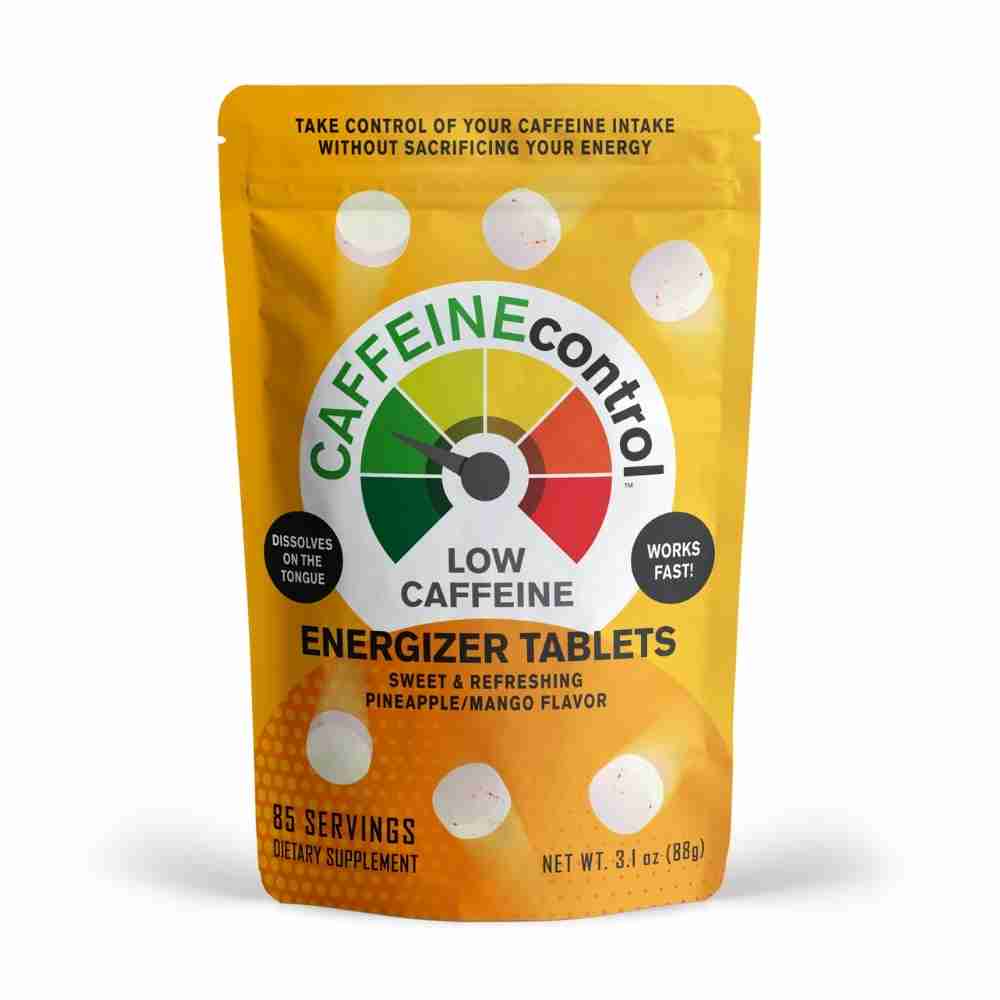
Just like peanut allergies, there are coffee allergies.
The sensitivity can be to the coffee bean itself or the coffee that is brewed from the bean. It can even extend to cosmetic products that are associated with coffee elements (like body scrubs or hair products).
The most common trigger of a coffee allergy is from the caffeine content. Caffeine is a natural and powerful antioxidant. It has also been chemically processed for commercial use. Its chemical name is trimethylxanthine and it triggers the body to produce adrenaline – the “fight or flight” response we get when we are scared. So while we think caffeine gives us energy, what it really does the chemical equivalent of jumping out and yelling “boo”.
But when caffeine is consumed by a person allergic to coffee, he or she will send a signal to their body not to produce adrenaline, but will trigger rashes, swollen lips or tongue, and possibly wheezing as well. Digestive problems such as bloating, diarrhea, upset stomach, and hyperacidity may also be experienced.
Allergic contact dermatitis may also be present if the skin of an individual with coffee hypersensitivity comes in contact with coffee beans or even leftover coffee. This can be seen as rashes, swelling, itchiness, or hives on the skin. A prolonged contact may even result to blisters in extreme cases.
Several studies have also indicated coffee allergy to be the responsible party in some mood and anxiety disorders. Cases of manic-depressive disorders and an increased irritability have been noted symptoms of the allergy as well.
Sources of Caffeine
Nowadays caffeine is everywhere: coffee, energy drinks, tea, chocolates, cola drinks, migraine medications, and diet pills, just to name a few obvious ones.

Risk Factors of Coffee Allergy
Like peanut allergies, an allergic reaction to coffee is postulated to be mostly genetics. This means that if one parent has allergies, the probability of their child to develop allergies rises up to 50 percent. Should both parents have allergies, this probability increases to 70 percent.
But exposure can also trigger the allergy. The longer the person is exposed to coffee or its derivatives, the higher the chance of developing a coffee allergy. This is seen with workers who harvest or manufacture coffee related products. But you can’t make the leap that people who consume large quantities of coffee will also form allergies to coffee. The exact nature of the development of allergies is still unclear.
Coffee Allergy Treatment Options
There are commercial as well as herbal and homeopathic options for treatment of coffee allergy symptoms.
Antihistamine drugs are used to treat many varieties of allergies. As their name suggests, these drugs counter the effect of histamines in the body. It is useful in controlling the sneezing, runny nose, watery eyes, itchy throat and nose, and some inflammation.
Immunotherapy to desensitize the reaction to the allergy may also be an option for some people with mild coffee allergy. This therapy involves the gradual introduction of the coffee allergen – caffeine – into the body. The allergen concentration is started at the lowest possible dose. Over time, the body adjusts itself and will slowly become used to the allergen. The therapy is continued until such a time that the body will no longer react to the presence of the allergen.

There are times that coffee allergies may not be detected. Nevertheless, coffee allergies are real and may cause some trouble for certain individuals. The best way to prevent allergic reactions to coffee from happening is to simply avoid any contact with the allergen.
Reducing Caffeine Can Be Easy
Cut back on caffeine without caffeine withdrawal or brain fog.
Faster and easier than anything you tried before.
Learn more at https://caffeinecontrol.com

Quitting caffeine does not have to mean suffering through headaches, feeling irritable, or moody.
It doesn’t even have to mean giving up coffee!
We’ve taken a more effective approach to energy: a sweet low caffeine candy that dissolves on the tongue that skips digestion, so caffeine works 10x faster than coffee, energy drinks, or even caffeine pills. By delivering a microdose of caffeine super fast, CAFFEINEcontrol lets you reduce caffeine while getting the improved energy and focus you need to get things done. You can quickly and easily kick caffeine addiction to the curb — without caffeine withdrawal!